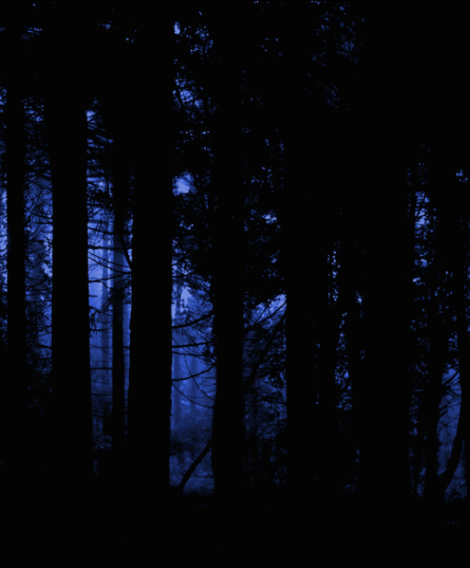Picture a cubicle. Beyond the curtained opening is the hum of Majors – nurses talking, the piercing bleep of a complaining IV pump, the rumble of a patient trolley being wheeled out towards the main hospital. The light is flat, artifical. The curtain provides an illusion of privacy. Within the cubicle are two hard plastic chairs.
On one chair is sat a dark-haired man in his early forties. His jacket is crumpled in his lap, his shirt creased. He is talking about killing himself, and how earlier that day he took a packet of paracetamol, washed it down with a half a bottle of whiskey, and lay down to die. His voice is calm, and he laughs slightly as he acknowledges to himself how foolish he feels now, how glad he is to be alive.
On the other chair is sat the A&E doctor. Mid-shift despite the late hour, he predominantly listens, asks a question here and there, clarifying, stratifying, planning. Eventually the man has no more to say, the doctor has no more questions, and the conversation is over.
The man is referred to mental health services, who arrange follow-up for the morning. He goes home with his partner. The A&E doctor finishes the paperwork; risk documentation, a signature. He shuffles papers into a folder, and moves on to the next patient.
Depression has a significant mortality. I see people who have taken overdoses every day, nearly all of which are physiologically trivial despite their mental significance. I see people who have self-harmed, and people who have just reached the end of their ability to cope. Some of these patients have attended tens, hundreds of times; taken upwards of 30, 40, 50 overdoses in the past. I refer each and every attendance of each and every patient to mental health services, either to be seen that day or for telephone contact the next and follow-up from there. In doing so, I forget the mortality of it. I presume, having done my bit, that things will be better.
Three months later, the A&E doctor hears a man in his early forties is dead, by his own hand. He goes over the history again, in minute detail, in his own time. He finds nothing he could have, would have, should have done differently under the same circumstances.
It doesn’t help.
